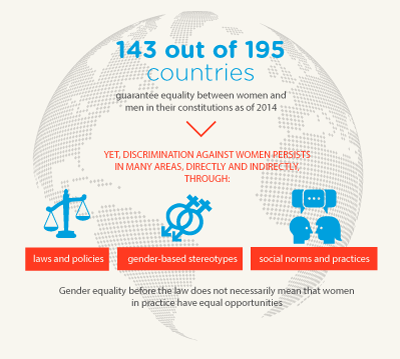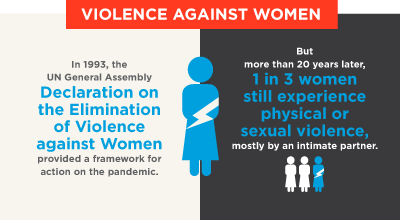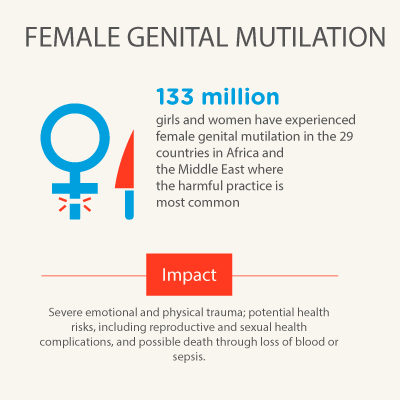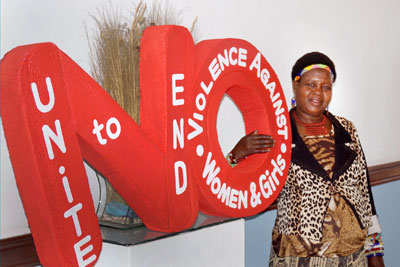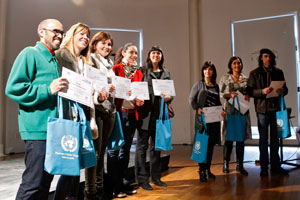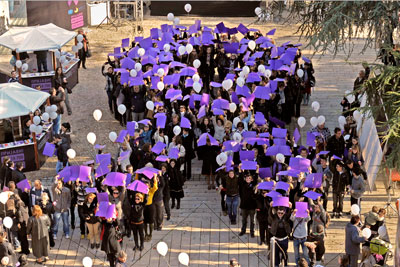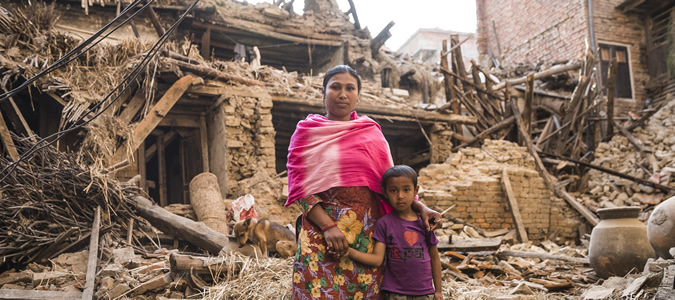SDG 5: Achieve gender equality and empower all women and girls
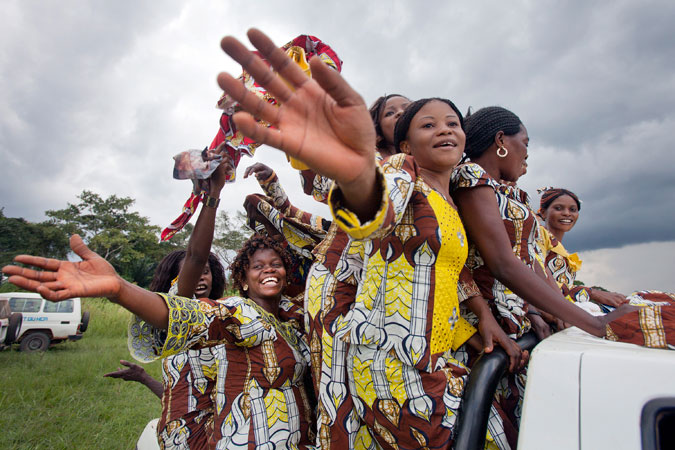
Targets
- End all forms of discrimination against all women and girls everywhere.
- Eliminate all forms of violence against all women and girls in the public and private spheres, including trafficking and sexual and other types of exploitation.
- Eliminate all harmful practices, such as child, early and forced marriage and female genital mutilation.
- Recognize and value unpaid care and domestic work through the provision of public services, infrastructure and social protection policies and the promotion of shared responsibility within the household and the family as nationally appropriate.
- Ensure women’s full and effective participation and equal opportunities for leadership at all levels of decisionmaking in political, economic and public life.
- Ensure universal access to sexual and reproductive health and reproductive rights as agreed in accordance with the Programme of Action of the International Conference on Population and Development and the Beijing Platform for Action and the outcome documents of their review conferences.
- Undertake reforms to give women equal rights to economic resources, as well as access to ownership and control over land and other forms of property, financial services, inheritance and natural resources, in accordance with national laws.
- Enhance the use of enabling technology, in particular information and communications technology, to promote the empowerment of women.
- Adopt and strengthen sound policies and enforceable legislation for the promotion of gender equality and the empowerment of all women and girls at all levels.
The sustainable development goals seek to change the course of the 21st century, addressing key challenges such as poverty, inequality, and violence against women.
Women’s empowerment is a pre-condition for this.
Women have a critical role to play in all of the SDGs, with many targets specifically recognizing women’s equality and empowerment as both the objective, and as part of the solution. Goal 5 is known as the stand-alone gender goal because it is dedicated to achieving these ends.
Deep legal and legislative changes are needed to ensure women’s rights around the world. While a record 143 countries guaranteed quality between men and women in their Constitutions by 2014, another 52 had not taken this step [1]. In many nations, gender discrimination is still woven through legal and social norms.
Stark gender disparities remain in economic and political realms. While there has been some progress over the decades, on average women in the labour market still earn 24 per cent less than men globally[2]. As of August 2015, only 22 per cent of all national parliamentarians were female, a slow rise from 11.3 per cent in 1995 [3].
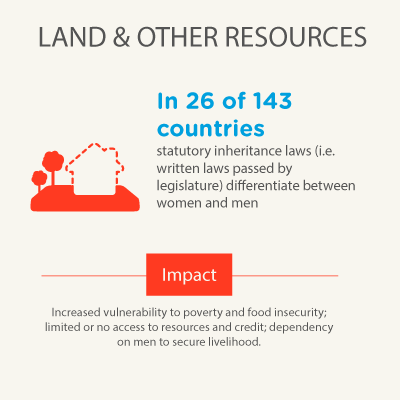
Meanwhile, violence against women is a pandemic affecting all countries, even those that have made laudable progress in other areas. Worldwide, 35 per cent of women have experienced either physical and/or sexual intimate partner violence or non-partner sexual violence [4]. UN Women joined the voices of many global actors in pointing out that violence was absent from the Millennium Development Goals.
Women have a right to equality in all areas. It must be embedded across legal systems, upheld in both laws and legal practices, including proactive measures such as quotas. Since all areas of life relate to gender equality, efforts must be made to cut the roots of gender discrimination wherever they appear.
UN Women works to empower women and girls in all of its programmes. Advancing women’s political participation and leadership and economic empowerment are two of the entity’s central goals. UN Women supports more women to get on ballots, attain political office and go to polls to vote. We assist women to secure decent jobs, accumulate assets, and influence institutions and public policies, while underlining the need to recognize, reduce and redistribute the burden on women for unpaid care. We promote women’s role and leadership in humanitarian action, including in conflict-prevention and efforts to ensure peace and security. We advocate for ending violence, raise awareness of its causes and consequences and boost efforts to prevent and respond, including ensuring the rights of women living with HIV. We also work to ensure that governments reflect the needs of women and girls in their planning and budgeting, and engage men and boys, urging them to become champions of gender equality, including through our HeForShe initiative.
Stories
New draft law to combat human trafficking brings hope in Morocco
A draft law against human trafficking was approved in May 2015 by the Moroccan Government, just days before a joint UN Women study was released on the issue. Experts believe a new anti-trafficking law will make it easier for authorities to investigate and prosecute this widespread crime.
Malawi Chief annuls 330 child marriages
In a country where half of girls are married before age 18, UN Women played a key role in lobbying for a new law that raises the legal age to wed, while raising awareness and working with traditional leaders to annul marriages.
‘Ready for the lists’, say Uruguayan women
A new series of commercials featuring public figures, as well as workshops and support for women politicians from all parties, and a UN Women Fund for Gender Equality project to broaden the current quota law are all stimulating the participation of women in decision-making in Uruguay.
New law spurs action, bringing protection to many
With support from UN Women, The Former Yugoslav Republic of Macedonia adopted a new law against domestic violence in August 2014, which expanded the definition of violence against women and introduced training on gender equality in the formal education system and for civil society service providers.
Restoring dignity: Women mobilize relief efforts in Nepal
UN Women and partner organizations are working to prevent violence against women and children, with dignity kits being distributed in many districts affected by the earthquake.
Notes
[1] UN Women Constitutional Database. 2014
[2] UN Women (2015), Progress of the World’s Women 2015-2016: Transforming economies, realizing rights, Chapter 2.
[3] Inter-Parliamentary Union (2015), Women in national parliaments.
[4] World Health Organization (2013), Global and Regional Estimates of Violence against Women: Prevalence and health effects of intimate partner violence and non-partner sexual violence, p. 2.
